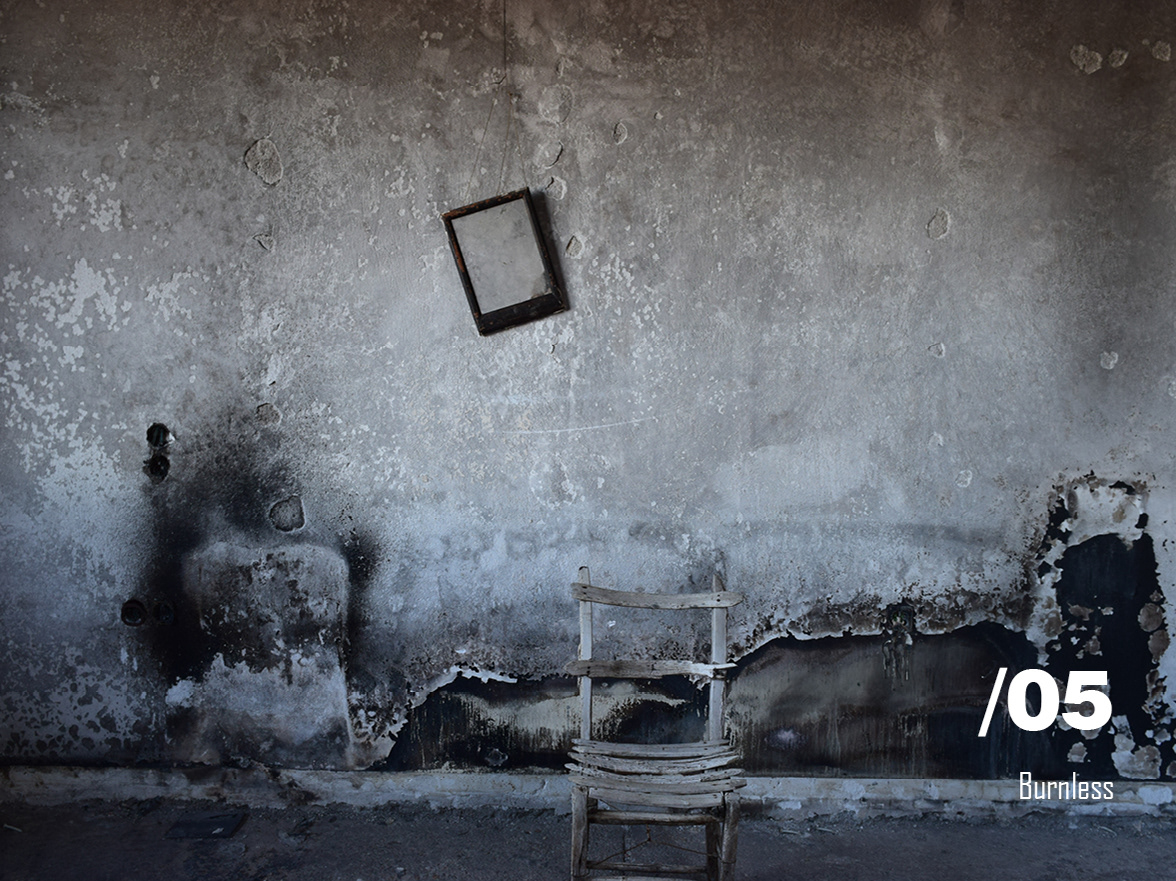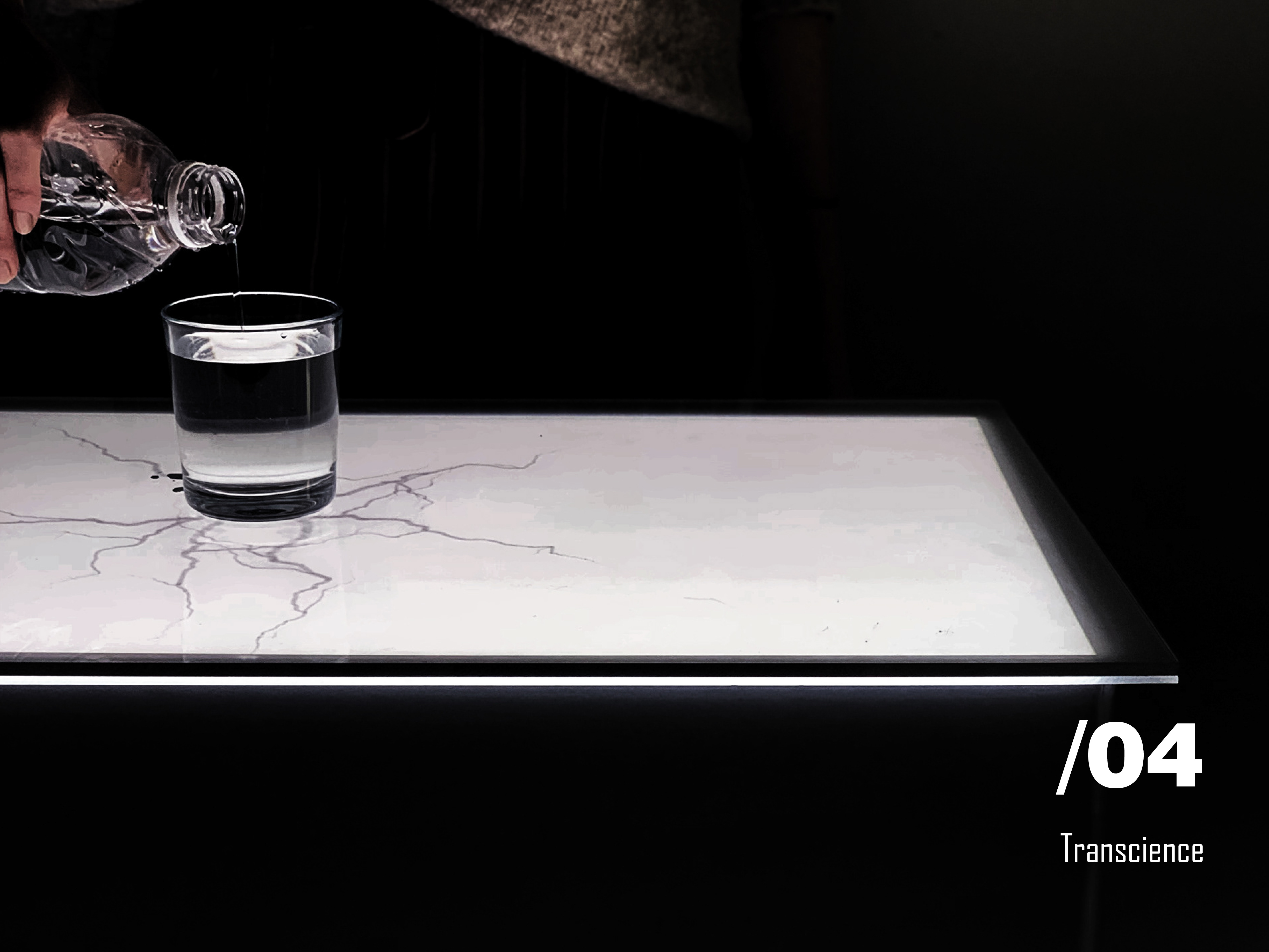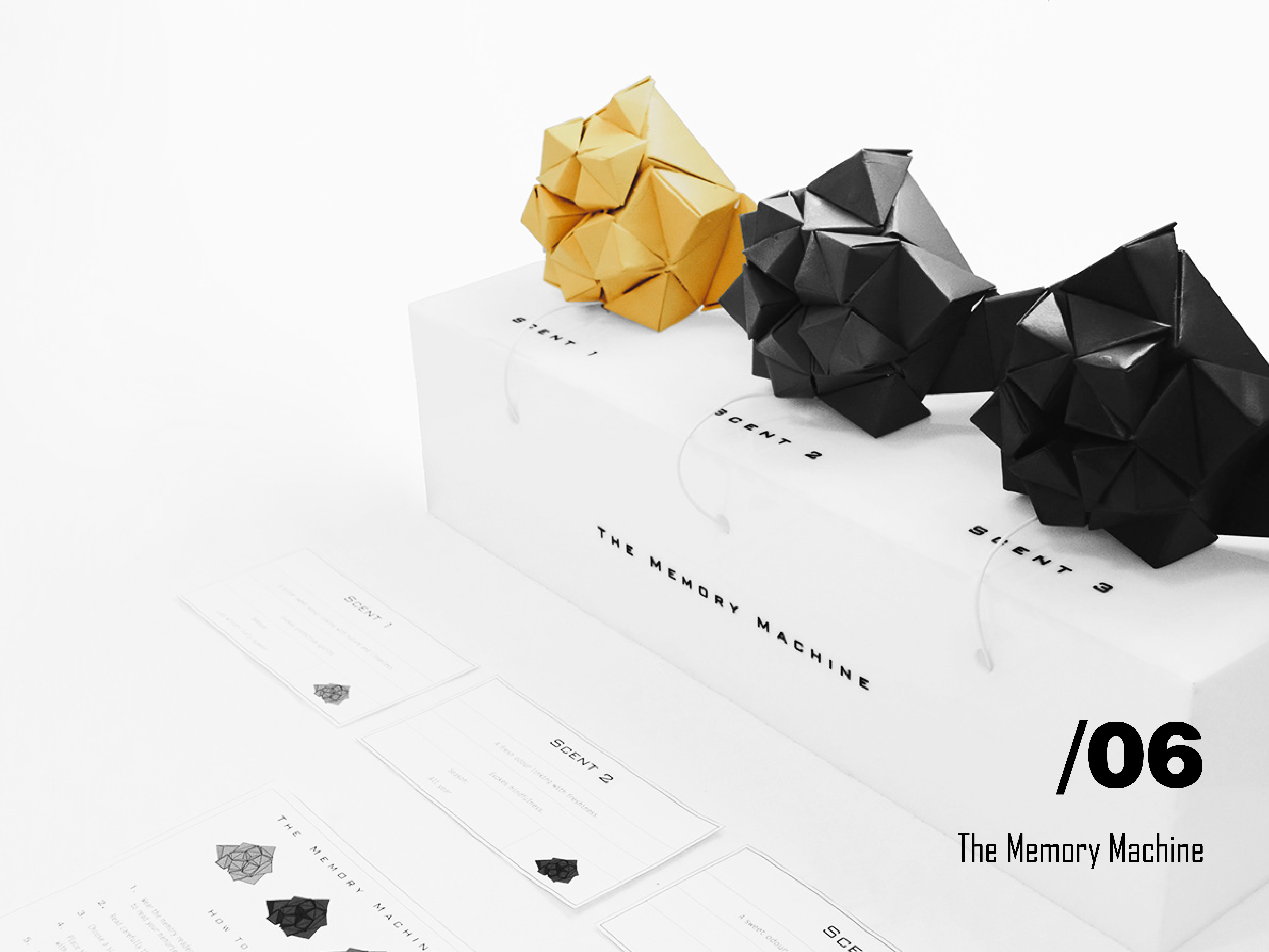OBJECTIVE:
To stimulate discourse about the implications of voice recognition technology that acts more ‘human’.
OUTCOME:
Interactive prototype selected by the BBC's UX Design Team for exhibition in BBC's headquarters and 'Blue Room' for research on emerging technologies.
EXHIBITED:
Represented Royal College of Art at CAA Conference, Chicago 2020.
COLLABORATORS:
Emma Apparici, Giorgia Grippa, Satya Naagest
Voice recognition technology is set to reach billions of people in the decades ahead. It is estimated that by 2020, 50% of all web searches will be voice-enabled, and by 2021, there could be more smart speakers than humans on this planet. But what impact will all of this have on our lives?
As AI-backed voice assistants begin to be able to understand their users in deeper and more complex ways, the nature of the relationship that users have with these technologies will also change. This relationship will evolve beyond functionality and transaction as users will come to see these virtual entities as companions, counsellors, even friends. We were deeply interested in the way this emotional connection could alter the way we consume and interact with the news, content and information in general.
Would it create bias? Would it increase fake news? Would it isolate us from forming connections with other humans in the real world? What are the implications of technology influencing our perception of what is real and what is simply an illusion?
OUR PROVOCOTYPE - SPECULATIVE DESIGN:
We 3D printed a six-face dice that contains Arduino technology, a speaker and a soundboard. Each face represents a different voice assistant and contains different recordings that automatically begin to play once you roll the dice and it lands on a particular side. We cast different voice actors who came into the sound studio at the Royal College of Art to ensure we reflected a diversity of voices. Through this and the incorporation of various sounds, we created the illusion that the voices on each side of the dice were almost human and not just robotic assistants.
Each side/voice corresponds to six simple narratives that weave a story about six people living in the year 2030 who are dependent on these voice assistants in different ways.
The prototype's accompanying booklet details these stories and contains research references as well as key questions that frame each narrative. The sound icons on the dice match the voices with the narratives within the booklet.
As one of the world’s largest public service broadcasters, it is crucial for the BBC to adapt and change with emerging technology while critically considering potential implications for the individual and society. Designing responsibly and staying true to the institution’s core pillars of creative services that inform, educate and entertain can be a challenging prospect.
How can the BBC prepare for the implications of emerging technologies that fundamentally alters the way we consume and interact with information? How can the BBC engage younger, diverse audiences who want to interact with content in more interesting ways?
We believe responsible technological innovation begins with discourse and the exploration of the ‘the what if’ which is the ultimate objective of our prototype.
THE BOOKLET:
THE GAME BOARD:
THE VOICE ASSISTANTS:





